One of our first cases last September was on a farm that buys in weanling bulls and finishes them as bullocks. The farmer had only bought his first batch of eight weanlings a week earlier, and had noticed a few of them coughing. The bulls were still at grass and lungworm was the number one differential. The entire herd was treated with a levamisole wormer. The coughing stopped and the farmer was advised to treat for worms again in two weeks with a clear wormer. Lesson number one is to find out the dosing history of animals bought-in and treat accordingly.
Another case from autumn 2017 was on a farm that buys weanlings and sells them at a year and a half old. This farmer always had a problem with pneumonia and was treating approximately 20% of each batch every year himself.
In 2017 he was treating even more than that and two had died before the vet was contacted. Samples were sent to the lab and came back positive for RSV. A vaccination programme was put in place. There were no losses to pneumonia last year and the incidence of treatments for pneumonia was reduced to less than 5%. Lesson number two is a vaccination programme can be a valuable aid in the prevention of pneumonia.
There are circumstances where vaccination programmes may not be as successful. Another client of ours buys 10 weanling bulls every week for September and October. When he arrived home, he would run them up the crush, castrate them, give them a vaccine and put them in a slatted shed. This system worked in 2017, but problems arose in 2018. While it would be easy to blame vaccine failure, the real problem was that the animals were too stressed for the vaccine to work.
A simple solution was to hold off on vaccinating the weanlings until two days after arrival and put off castrating them until the following week. Lesson number three is to keep stress levels to a minimum to maintain the animal’s immune system.
Killian Farrell works at Geraghty and Neary Veterinary, a three-vet large animal practice in Mountbellew, Co Galway. Geraghty and Neary Veterinary is a member of XLVets, a group of progressive practices who are working together to achieve a better future for agriculture and veterinary in Ireland. For more information go to www.xlvets.ie




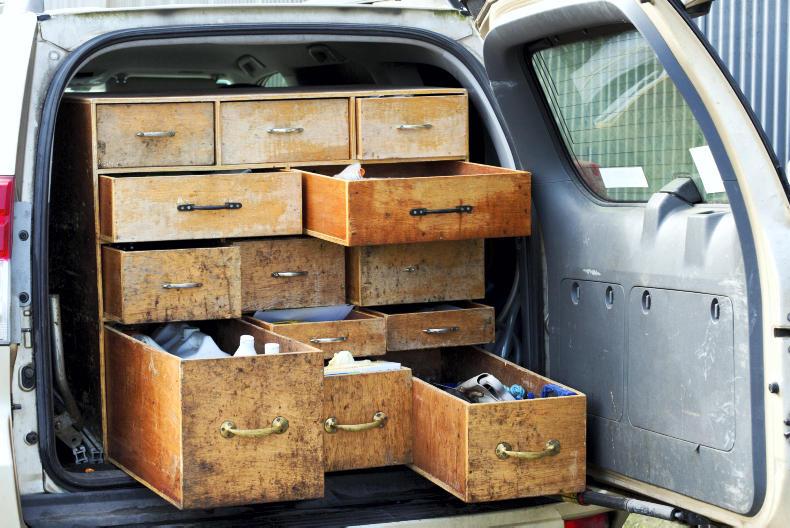
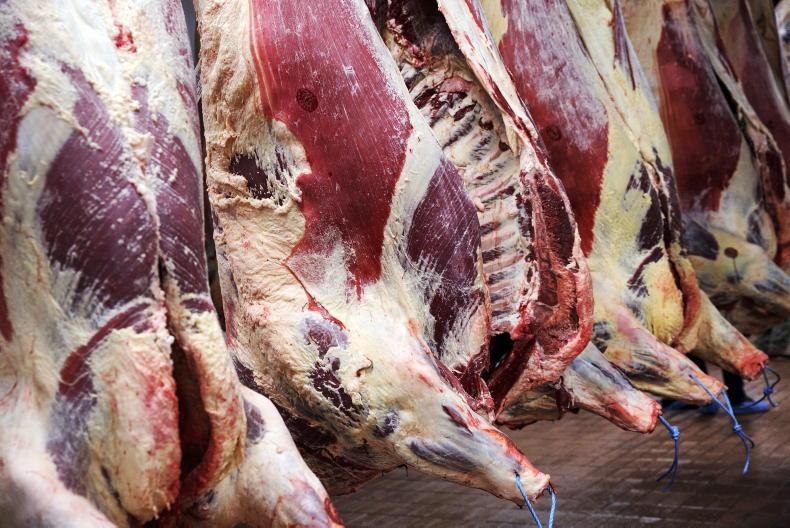

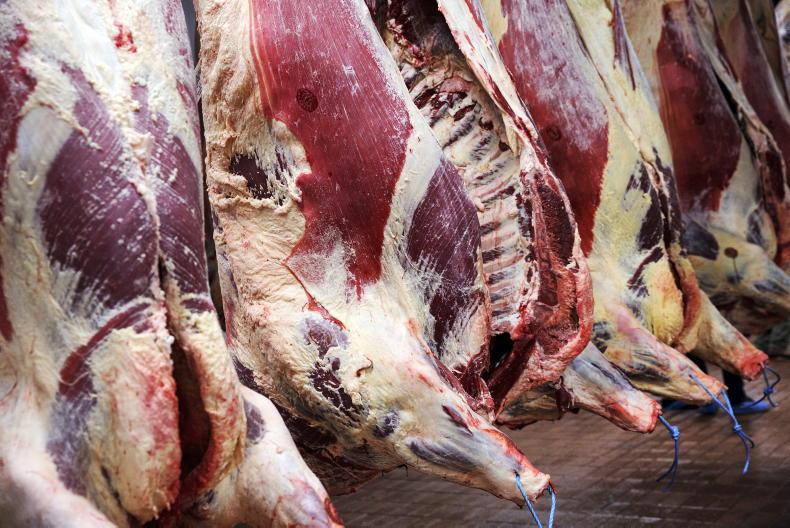
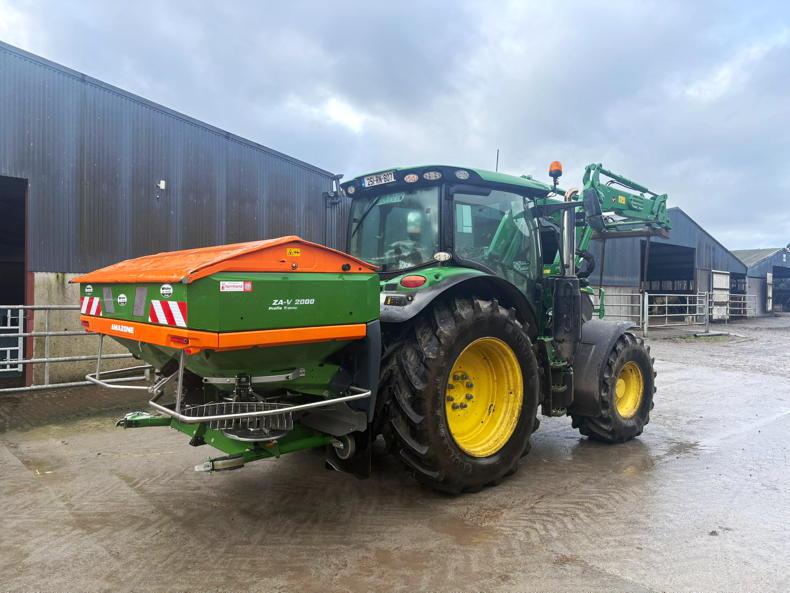
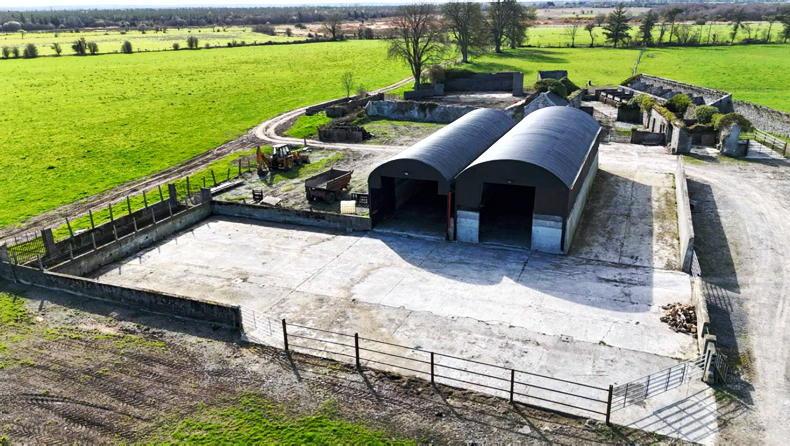
SHARING OPTIONS